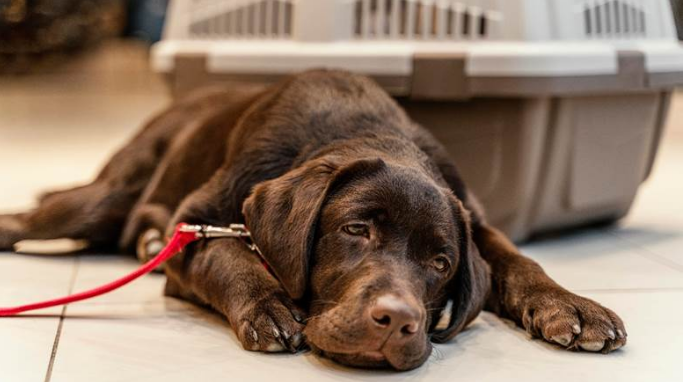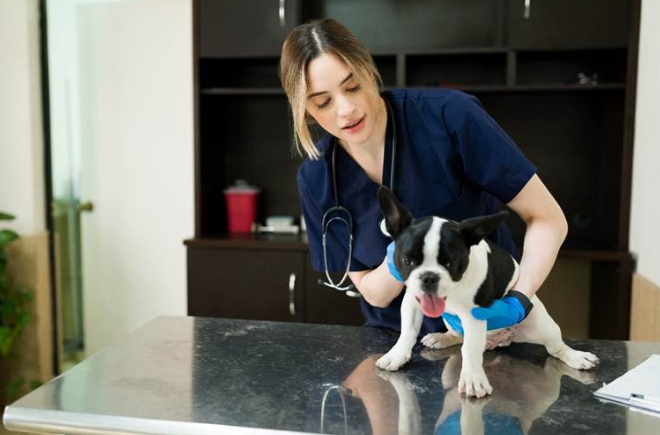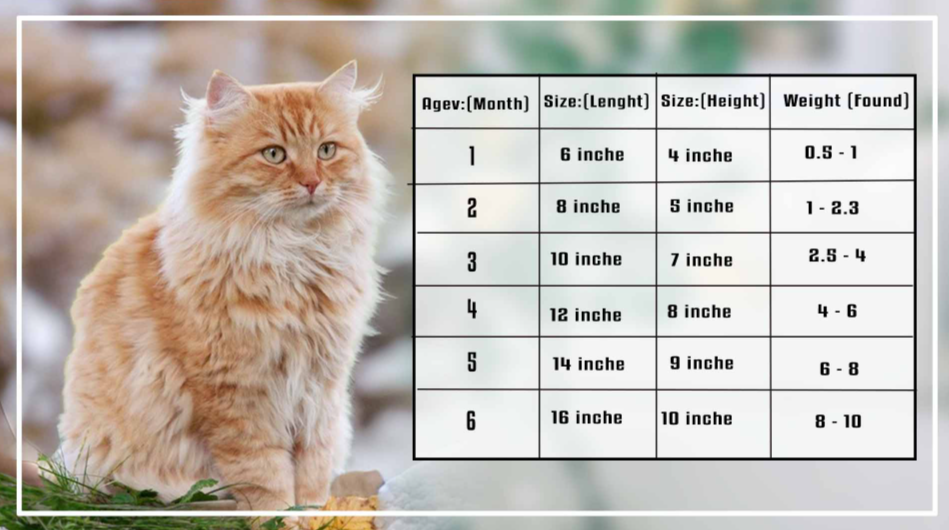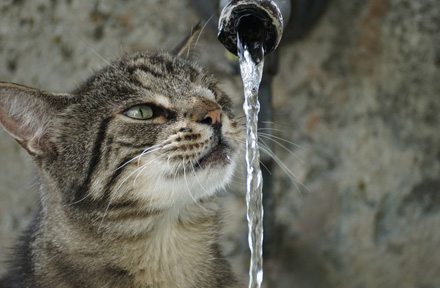Sep 04, 2025
Author:Sam Wonder
A situation that makes almost every pet parent go into a state of panic: the gagging sound of your dog, followed by a yellow frothy puddle, this is what throwing up bile sounds like.
If a dog is refusing to eat but is vomiting bile, this is something to be concerned about. A dog refusing to eat and vomiting bile can be a serious situation that needs to be observed and rectified quickly.
It may be something as simple as having an empty stomach, or on the other hand, it could be a cause for concern for a serious illness requiring a dog vet visit as soon as possible!
This guide is meant to help you understand the answer to the question, why is my dog throwing up bile? We will break down the reasons behind a dog vomiting yellow foam, ranging from everyday issues to the most serious ones, and provide simple directions on what to do if your dog is not eating and throwing up bile.

Before you can understand why your dog is throwing up bile, you should understand what bile is. The liver produces a bile that is an alkaline digestive fluid stored immediately by the gall bladder.
Bile will help in digesting lipids, or fat, in the small intestine after your dog eats. In the natural digestive process, food is forced to move in a one-way manner through the digestive system.
However, when your dog’s stomach is left empty long enough, its pyloric sphincter may become too loose, allowing bile to go back into the dog’s stomach, a process known as duodenal-gastric reflux.
Because bile is highly alkaline and thus irritating to the stomach, which must be acidic, nausea may be a likely consequence of bile irritating and upsetting the stomach lining, and this may explain your dog puking up a yellow frothy liquid.
In many cases, a dog throwing up yellow bile is not an emergency and is related to their diet or a simple digestive issue.
Firstly, one of the most common reasons for a dog to vomit bile is simply because their tummy is empty. This is often referred to as 'hunger pukes', a phenomenon that happens pretty frequently.
You may see your dog throwing up yellow bile in the morning before breakfast, or perhaps you will see your dog throwing up yellow bile at night, long after their last meal.
When there is a concentration of throw-ups and there is no food to buffer, the concentrated stomach acid mixed with refluxed bile leads to irritation of the stomach wall and possible chronic vomiting.
Assuming you have ruled out an eating disorder or other chronic medical ailments, if a dog is regularly throwing up, we can assume that an empty stomach is the most likely reason for your dog throwing up yellow.
Bilious Vomiting Syndrome (BVS) is defined as a dog having chronic, intermittent vomiting episodes of bile. The most important indicator of BVS is that a dog with this condition is otherwise totally healthy, has a normal appetite, normal energy levels, etc.
The dog throwing up yellow bile almost always occurs on an empty stomach, which can be a disorder of gut motility where the stomach and intestines do not coordinate properly, so bile reflux is more likely.
Dogs live in uniformity. A change in their type of food, or even new treats and chews at high frequencies, may upset their stomach.
As with people, dogs can be allergic to some ingredients. Foods most people are allergic to include chicken, dairy, and grain. Does your dog exhibit symptoms of abdominal distress on a regular basis? Food intolerance might be to blame.
Intestinal worms like Giardia, hookworm, and whipworms can cause vomiting, diarrhea, and weight loss. Dogs and puppies that play outside are at high risk.
Bacterial and viral infections are another reason dogs may develop stomach issues. These are especially dangerous for unvaccinated dogs, as their immune systems are more vulnerable.
Vomiting bile is usual, but a dog that is vomiting bile is usually not sick. However, if you see repeated vomiting for any other reason, then, in all but the direst cases, we typically start to think there is something worse going on.
It is essential to recognize these ‘red flags’ to make a practical assessment.
Intestinal obstruction is a life-threatening emergency that occurs when a dog ingests a foreign object, usually a sock, toy, or bone, and it remains lodged somewhere along the GI tract. The body will try to expel this obstruction through vomiting, but will vomit repeatedly and forcefully.
A dog throwing up bile is the most common symptom, and if you see your dog throwing up yellow bile and diarrhea, it may be a sign of a partial blockage. Other symptoms that should be alarming include abdominal pain that seems extreme for your dog, extreme lethargy, and loss of appetite.
Pancreatitis is an extreme, painful inflammation of the pancreas, which can be triggered by fatty meals. Pancreatitis creates intense nausea in the dog, and its usual signs are bile vomiting and a hunched/‘praying’ posture, along with a tender abdomen and diarrhea.
Dogs that persistently vomit yellow bile may have other medical issues causing it, like in cases of having Inflammatory Bowel Disease (IBD), liver disease, stomach ulcers, or food allergies that cause long-lasting inflammation to the gut.
It is a concern when a dog is not eating and throwing up bile. In the case of a dog that refuses food and is throwing up bile, it can be a serious case that requires observation and intervention.
● Remove all food and water for a few hours. Allow their stomach to settle down.
● After a few hours, offer your dog small amounts of water. If they keep it down after about an hour, then you can move on to the bland diet.
● A bland diet for dogs is plain boiled chicken (without skin or bones) and plain white rice. Start by giving your dog a very small amount.
● Call your veterinarian; the most crucial step! Your veterinarian will tell you what to do and if you need to bring your dog in. Don't delay this step because dehydration has plenty of risks.
A puppy throwing up yellow liquid is even more imperative because puppies are at very high risk of becoming dehydrated or hypoglycemic within a very short amount of time.
Proactive care is always the best way to manage and prevent digestive upset. The food your dog eats is the foundation of gut health. For dogs, especially prone to sensitive stomachs, a specialized, highly digestible diet is essential.
Our advice is to use a highly digestible, sensitive stomach dog food that supports complete nutrition and is gentle on gut health, and also depends on the proper functioning of the gut microbiome.
The health of microbiomes relies on the inclusion of probiotics. Adding a quality canine probiotic supplement to your dog’s diet to promote digestive health may be an important addition to your feeding protocol and may help minimize vomiting.
Refer to our blog for more information on health and its importance in dogs.
While home care can be appropriate for some minor issues, some more serious symptoms can be indications to call a veterinarian or an emergency animal hospital right away.
● Recurrent vomiting or vomiting that is referred to as projectile.
● Other symptoms include lethargy, diarrhea, weakness, or signs of pain.
● Blood in the vomit, which can be red or brown, resembles coffee grounds.
● You believe that your dog has ingested a poison or something strange/unknown.

Seeing your dog throwing up yellow vomit can be very stressful, but knowledge is the best tool you will have at your disposal.
Knowing what may cause yellow vomit, from 'hunger pukes' to a severe intestinal blockage, enables you to make better choices for your dog. Sometimes it's even just a change in how you feed your dog. Sometimes the right thing to do is to listen to your guts, listen to yourself.
If you have other questions, besides going to a dog training class or hiring a dog trainer, there is no safer, practical solution for you or your dog's health and peace of mind than to ask a veterinarian.
Label:
Popular Post

What to Feed a Sick Dog With No Appetite? [2025 Guide]
May 16, 2023

Troubleshooting Common Issues with Automatic Pet Feeders: Tips & Tricks for Pet Owners
Oct 26, 2023

What is a standard Cat Weight chart by age Kg?
Mar 19, 2025

Why Does My Cat Cough After Drinking Water? 8 Potential Reasons
Mar 13, 2023

Why is My Cat Throwing up Water? Top 5 Causes Here
Feb 08, 2023
$109.99
$129.99
Copyright © 2025 WOPET. All Rights Reserved.